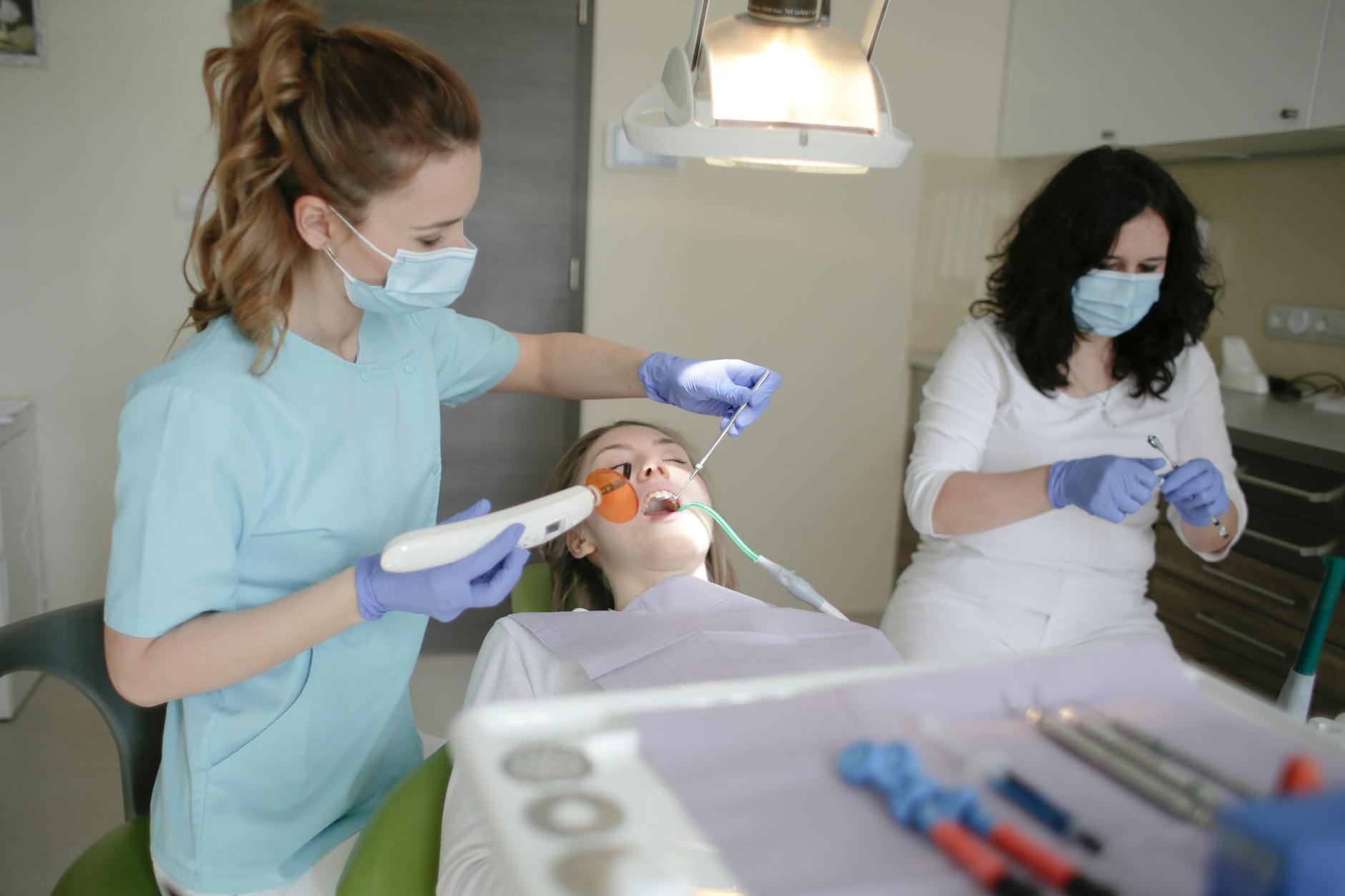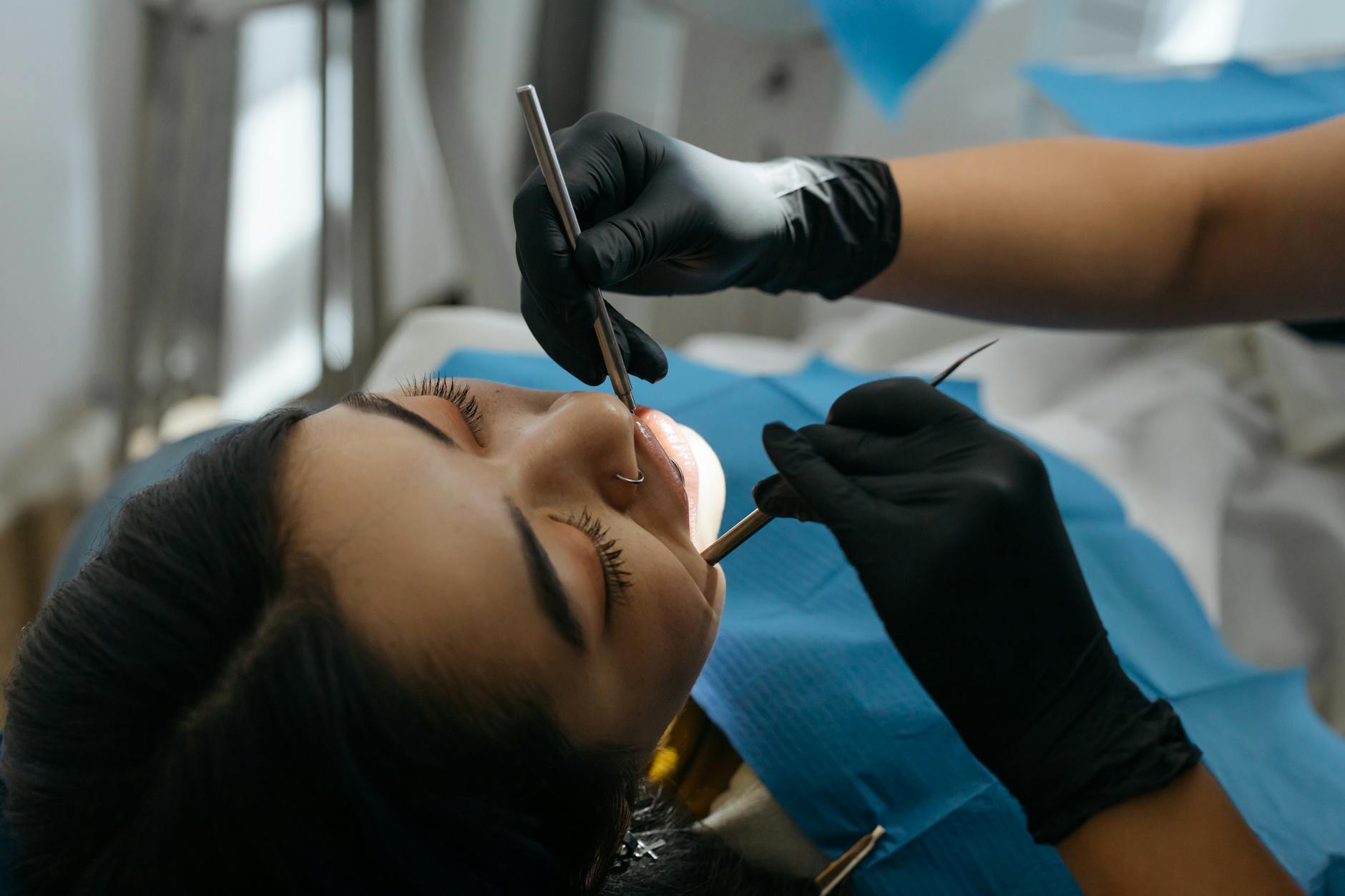
I’ve been in the field of oral and maxillofacial surgery for years, and let me tell you, tooth abscesses are one of those conditions that can escalate quickly if not treated properly. A tooth abscess is a pocket of pus caused by a bacterial infection. It can be incredibly painful and, if left untreated, can lead to severe complications.
Recognizing the Symptoms
The symptoms of a tooth abscess can vary. Typically, they include severe, persistent, throbbing toothache, sensitivity to hot and cold, fever, swelling in your face or cheek, tender, swollen lymph nodes under your jaw or in your neck, and a sudden rush of foul-smelling and foul-tasting, salty fluid in your mouth and pain relief if the abscess ruptures. It’s crucial to seek immediate dental care if you experience any of these symptoms.
Immediate Intervention
When a tooth abscess is suspected, immediate intervention is necessary. This usually begins with a thorough examination and imaging studies, such as X-rays, to determine the extent of the infection. Sometimes, a CT scan is needed to assess the spread of the infection to other areas of the neck or face.
Draining the Abscess
The first step in treatment is typically to drain the abscess. This can be done through a small incision in the gum or by performing a root canal if the tooth is salvageable. Draining the abscess helps to relieve pain and pressure, and it also removes the bulk of the infection.

When Surgery is Needed
However, in more severe cases, the infection can spread to other areas, including the jaw, neck, or even the brain. This is where oral and maxillofacial surgery comes into play. Surgical intervention may be necessary to remove the abscess and any infected tissue completely. This could involve extracting the affected tooth or even a more extensive procedure to clean out the infection.
Post-Surgery Care
After surgery, the recovery process is critical. Patients are usually prescribed antibiotics to ensure the infection is entirely eradicated and pain medications to manage discomfort. Proper post-surgery care, including regular follow-ups and good oral hygiene practices, is essential to prevent recurrence.
The Role of Oral and Maxillofacial Surgeons
Oral and maxillofacial surgeons are uniquely equipped to handle these complex cases because of their extensive training in both dental and medical fields. We not only address the immediate issue of the abscess but also manage the broader implications of the infection. This might include reconstructive surgery if significant tissue has been lost or ensuring that the spread of infection is contained and treated.
Preventing Future Abscesses
Prevention is always better than cure. Regular dental check-ups, good oral hygiene, and prompt treatment of any dental issues can prevent abscesses from occurring in the first place. If you’ve had an abscess before, it’s even more important to stay vigilant with your dental care.
According to the American Association of Oral and Maxillofacial Surgeons (AAOMS), timely intervention is crucial in managing dental abscesses effectively. Delaying treatment can lead to more severe health issues, so it’s essential to seek help as soon as possible if you suspect you have an abscess.

Conclusion: The Importance of Timely Care
A tooth abscess is a dental emergency that can significantly impact your oral health. As an oral and maxillofacial surgeon, I’m here to handle such infections and ensure patients return to good health. Remember, don’t neglect your oral health, and keep up with regular dental check-ups.
